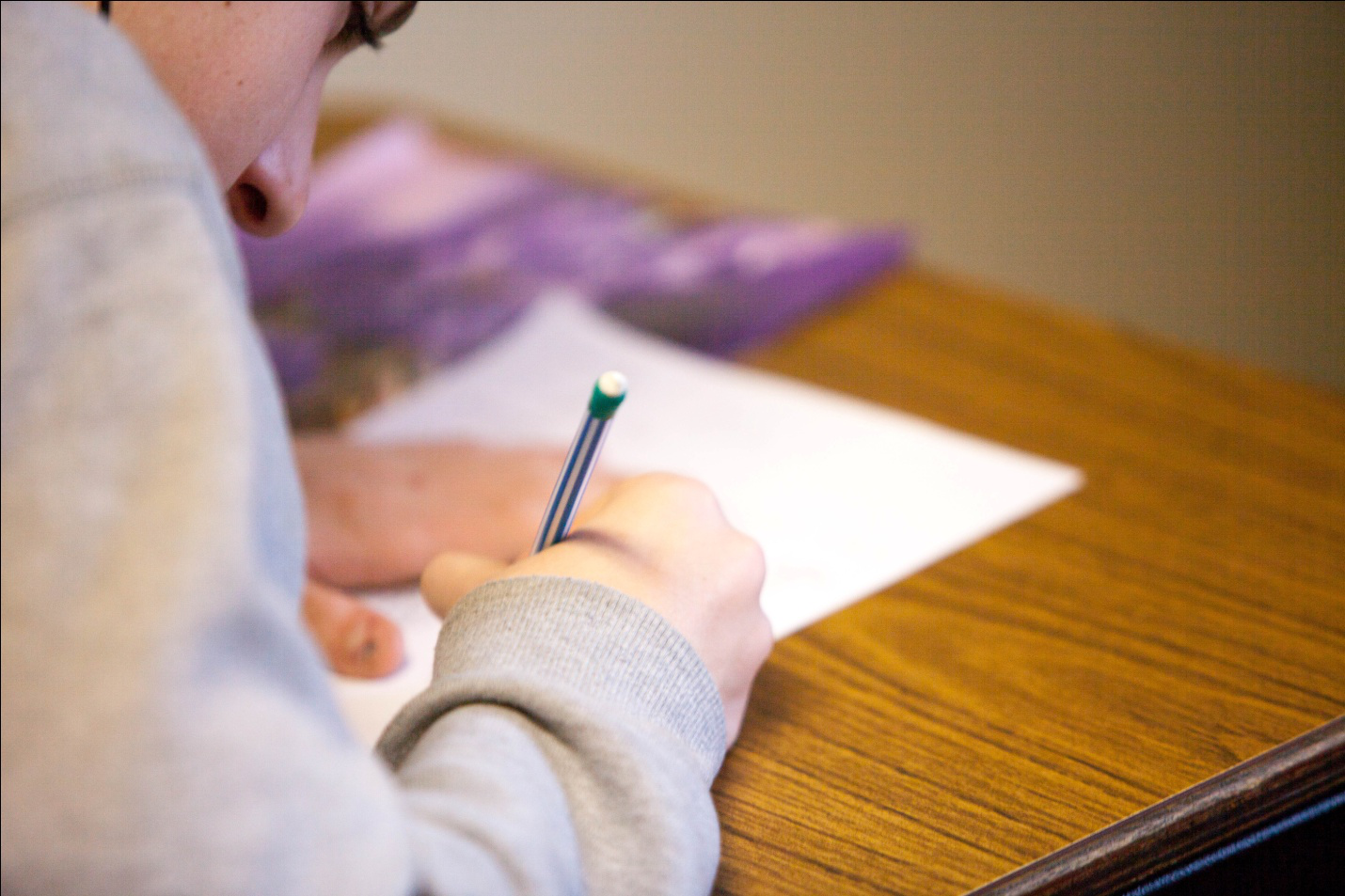3 Signs That Your Teenager Struggles with Anxiety
Nearly 32% of teenagers in the US struggle with some form of anxiety disorders. In fact, alongside depression, anxiety is one of the most prevalent forms of mental illness among adolescents. Despite this, it’s also one of the trickiest things to pick up on.
Is your child struggling with anxiety? Here are a few signs to look out for.
Social Withdrawal
Has your teen been spending more time at home locked up in their room than they used to? This may be because they’re struggling with anxiety and prefer to stay isolated and alone instead of being surrounded by people, even their friends.
Social isolation and withdrawal is an extremely common sign of anxiety, especially social anxiety, among teenagers. Your child may seem to be less interested in activities they used to enjoy doing, find little pleasure or comfort when surrounded by loved ones, and actively try to avoid interacting with people to evade the stress that comes with social encounters. As they withdraw from social activities and interactions, they’re likely to focus even more on the negative thoughts going through their mind and begin internalizing them.
Social withdrawal is easily observable among teenagers who used to be particularly active before, mostly surrounded by friends or busy socializing with their peers. However, if your teen has never been a social butterfly, this sign can be a bit tricky to pick up on. Some indicators of anxiety include:
- Spending most of their time alone
- No longer having friends come over/limited interactions with friends
- No longer participating in extracurricular activities
- Showing disinterest in going out at events or gatherings
A Decline in Academic Performance
Another sign that indicates anxiety is a waning academic performance. This is all the more noticeable if your teen used to ace their classes or be particularly enthusiastic about a subject or two. If they used to get straight As or genuinely enjoy doing math exercises but their recent report cards have shown a decline in their performance, then this may be a sign that they’re struggling with anxiety.
Some common behaviors to watch out for are:
- Significant fall in grades
- Lack of interest in studies
- Missing deadlines frequently
- Forgetting to submit assignments
- Procrastinating schoolwork
Being unable to concentrate on academics

Unhealthy Eating Habits
Anxiety often goes hand in hand with eating disorders, which cause unhealthy eating habits. Your teenage child may start developing unhealthy eating habits as a way to cope with their anxiety, such as binge eating and overeating. The high levels of stress experienced by teens can trigger cravings for food that’s loaded with fat and/or sugar.
Similarly, some teenagers may also resort to undereating. They may experience a loss of appetite, or even starve themselves. If you notice a difference in your teenager’s eating habits or observe that they’ve drastically lost or gained weight, then this may be a sign of anxiety.
At Comprehensive Counseling Services, LLC, we offer anxiety counseling Winder. Our counseling services also include family counseling, family violence intervention, domestic abuse help Winder, and anger management therapy.
Learn more about our services in Winder here.

